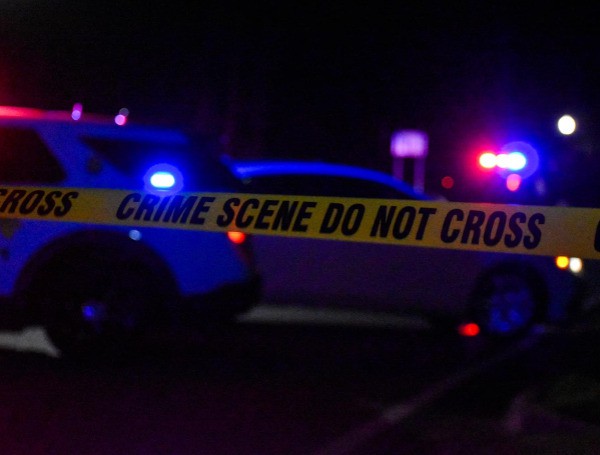Emergency Lights (Source: File Photo) PITTSBURGH, Penn. - The Pittsburgh Bureau of Police has recently implemented major changes to its staffing s
PITTSBURGH, Penn. – The Pittsburgh Bureau of Police has recently implemented major changes to its staffing structure, a decision that has sparked mixed reactions among council members, union officials, residents, and businesses.
Chief Larry Scirotto, who took charge of the bureau last year, claims that these changes are based on data-driven analysis and aim to optimize resource allocation.
However, concerns have been raised about the potential impact on city safety and the police force itself.
An analysis of call volume data drove the decision to restructure the staffing of the Pittsburgh Police.
Read: Pittsburgh Man Indicted For Conspiracy To Burn Down East Carson Street Property, Fraud
Chief Scirotto says that the majority of major 911 calls, referred to as “priority calls” by the bureau, occur between 2 p.m. and 2 a.m., while significantly fewer calls are received during the 3 a.m. to 7 a.m. timeframe.
This prompted Chief Scirotto to reevaluate the allocation of resources during these overnight hours in order to address the ongoing shortage of officers and optimize their deployment.
“Average night, we’d have seven officers out on the road in each zone, so [we had] like 42 officers, generally,” Chief Scirotto told the Post-Gazette in an interview late last week.
“We cut 12. People think I cut 112.”
Bob Swartzwelder, president of the union representing Pittsburgh police officers, contested the notion that only a dozen officers were cut from the overnight shift.
“They’re running out of manpower very, very quickly, and they’re getting very taxed. I think the strategy at this point is a hope and a prayer that they can base everyone on data,” Swartzwelder told the PG. “It may pan out to be correct. It may be disastrous.”
Help support the Tampa Free Press by making any small donation by clicking here.
Android Users, Click To Download The Tampa Free Press App And Never Miss A Story. Follow Us On Facebook and Twitter. Sign up for our free newsletter.


